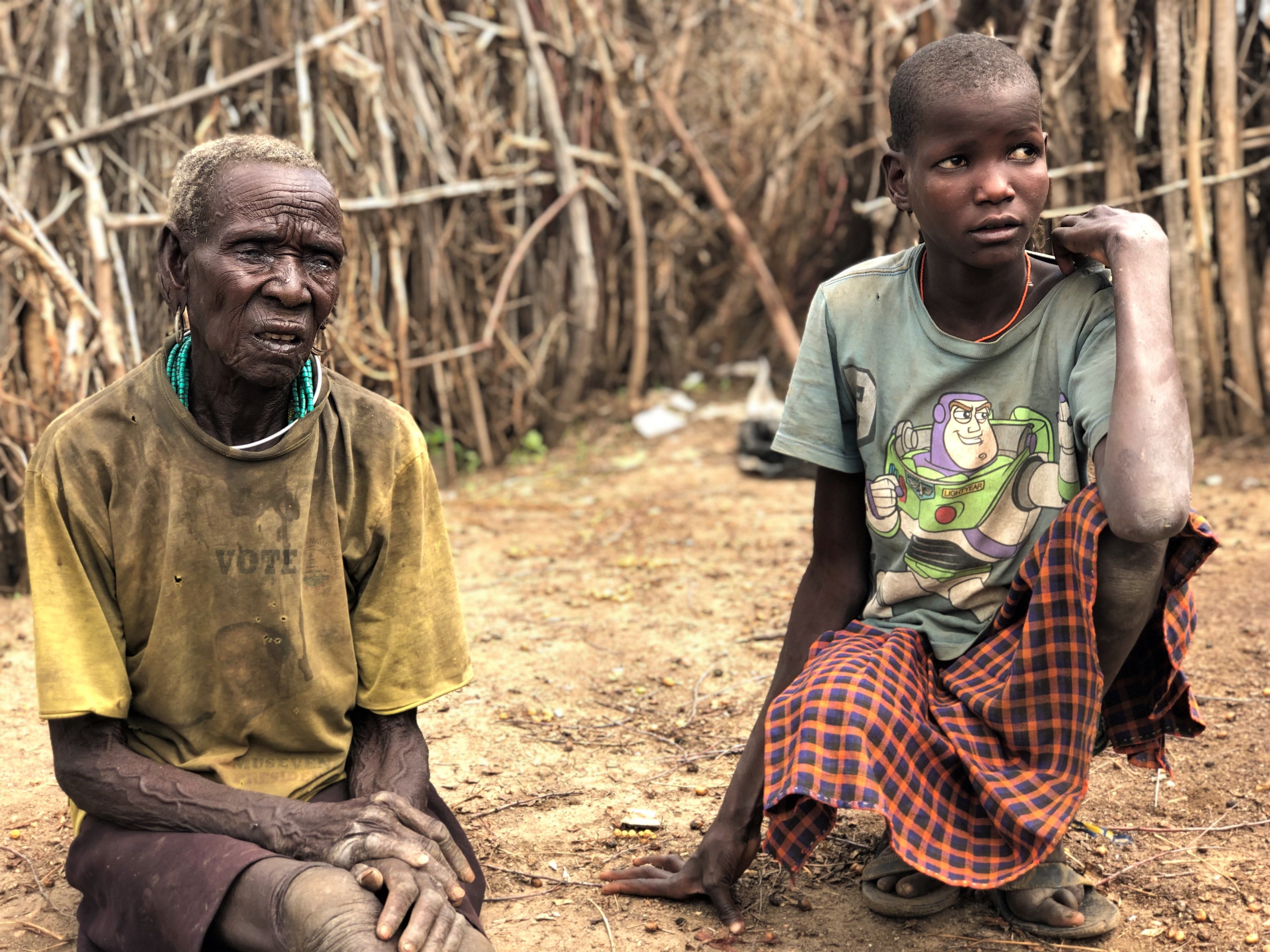HALF A BILLION MORE PEOPLE WORLDWIDE UNDER THE THREAT OF POVERTY...
Half a billion more people worldwide could be pushed into poverty amid the fallout from the coronavirus pandemic unless developing countries receive urgent help, according to a United Nations study and Oxfam International.
The figure represents eight percent of the world's population, the report says, adding that a setback on this scale would be the first time that global poverty had increased in 30 years.
Progress in fighting poverty would reversed by a decade, the authors add, and in some regions -- such as Sub-Saharan and North Africa, and the Middle East -- by three times as long.

The analysis, carried out by researchers from Kings College London and the Australian National University, has brought immediate calls for a monumental effort to address the world's most vulnerable.
'Protect livelihoods and lives'
Oxfam International is calling on world leaders "to agree an 'Economic Rescue Package for All' to keep poor countries and poor communities afloat".
"The need of the hour is to bring together development agencies, national governments, civil society and the private sector in a global effort to protect the livelihoods and lives of the poorest of the poor in the Global South," said Kunal Sen, Director of the United Nations University World Institute for Development Economics Research (UNI-WIDER), which published the research.
The appeals come ahead of key meetings next week of the World Bank, International Monetary Fund (IMF), and G20 finance ministers.
Last week, the IMF said it was aiming to double the availability of emergency funding for emerging market and developing countries from $50 billion (€45.85bn) to $100 billion (€91.7bn).
"The demand for our financing has skyrocketed. In fact, never in the 75 years history of our institution have so many countries found themselves in need," IMF head Kristalina Georgieva told a joint news conference with the World Health Organization (WHO).
The two bodies issued a reminder that the global health crisis and the health of the global economy were intertwined -- and called for policies that protected both lives and livelihoods.
Last month the IMF and World Bank called for debt payments from poorer countries to be suspended.
Earlier this week, more than 100 global organisations and charities called for this year's debt payments for dozens of the world's poorest countries to be cancelled immediately, and for debt burdens to be reduced in the coming years.
By Alasdair Sandford
www.euronews.com
Comments
Post a Comment